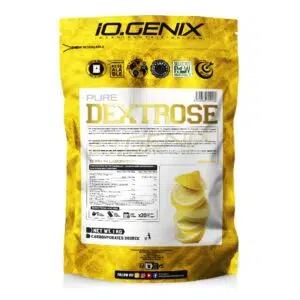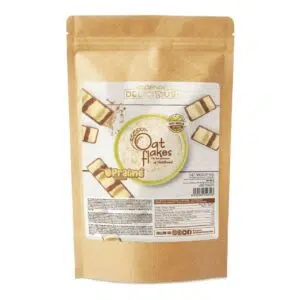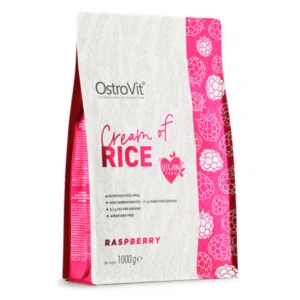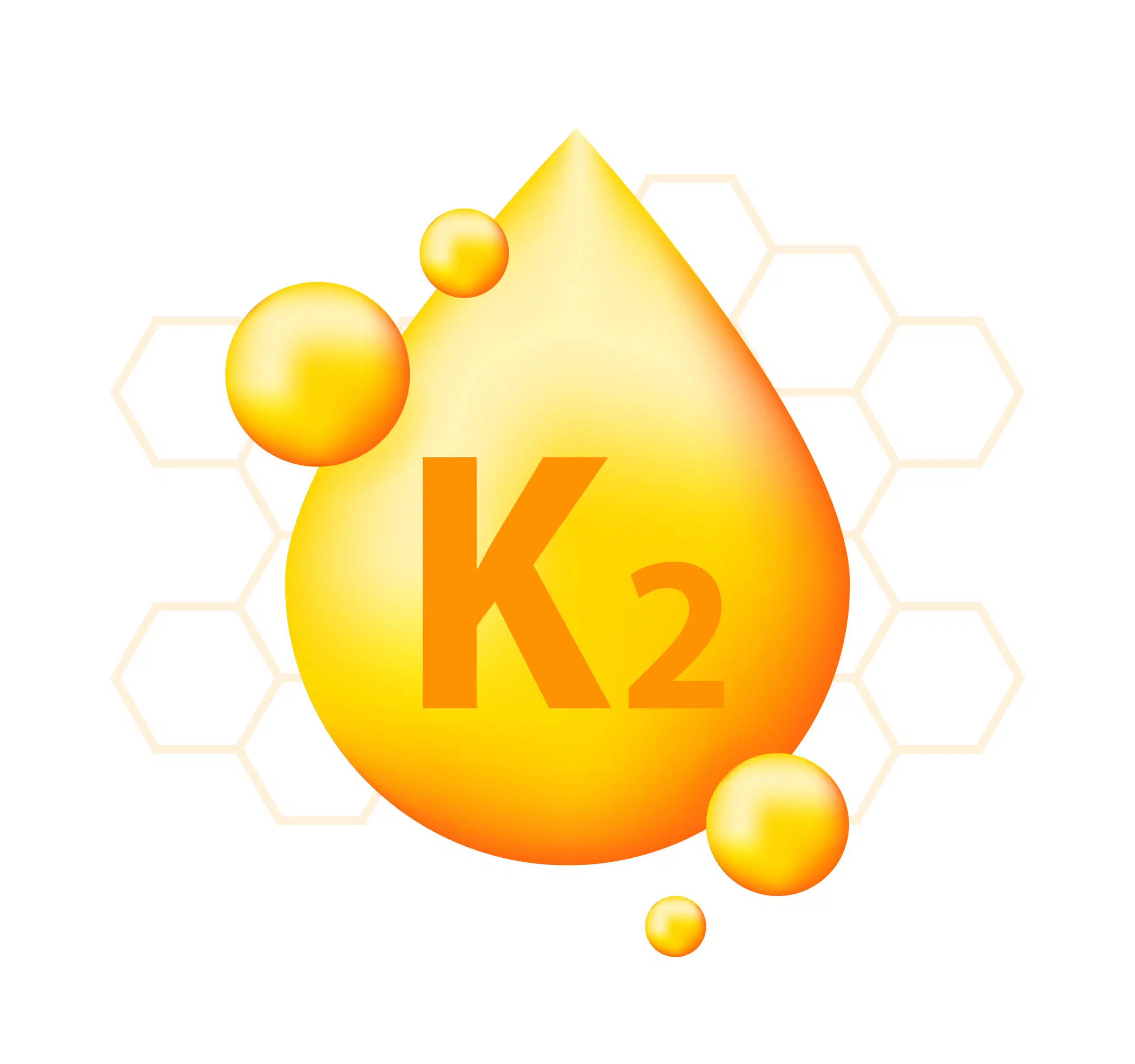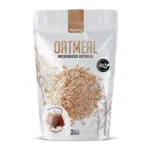Vitamin K is a fat-soluble vitamin that plays an essential role in the blood clotting process. In addition to its anticoagulant function, there is another form of vitamin K, vitamin K2, which is also important for health.
Also known as menaquinone, vitamin K2 is an essential nutrient that plays a crucial role in bone and cardiovascular health. Although often considered a lesser-known vitamin, research has shown that vitamin K2 may have significant health benefits.
What is vitamin K2?
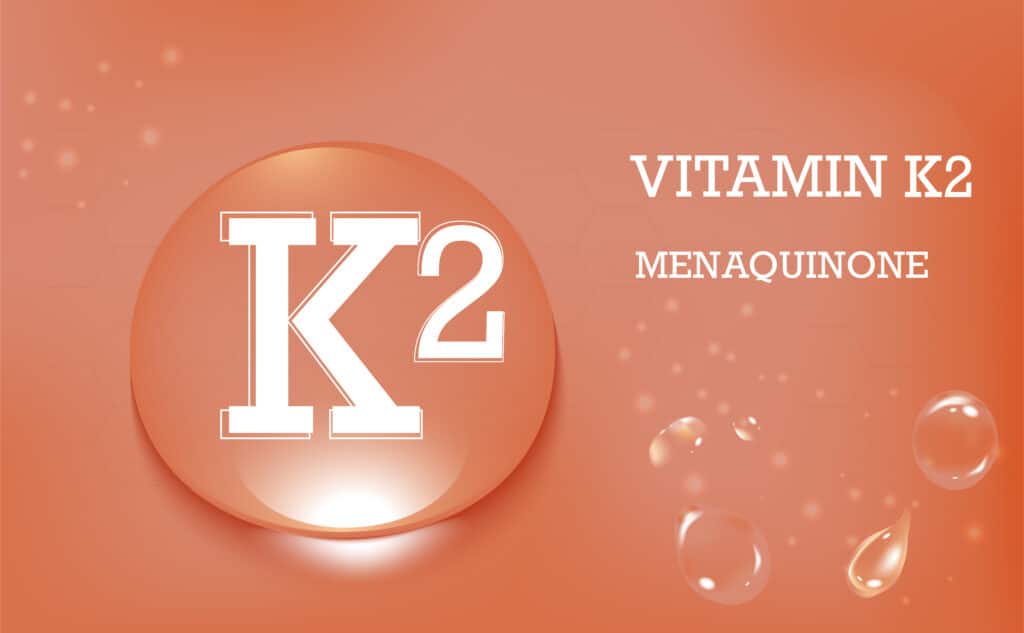
Vitamin K2 is a fat-soluble vitamin that plays an important role in bone and blood vessel health. It belongs to a family of compounds known as quinones, which have antioxidant properties and are involved in energy production in cells.
It is produced naturally by organisms in the gut, but can also be obtained from animal and plant foods. Animal sources of vitamin K2 include liver, milk and dairy products, eggs and meat.
Plant sources include green leafy vegetables, such as spinach and kale, as well as seaweed and fermented foods, such as natto, a traditional Japanese fermented soybean food.
What are the benefits and indications of vitamin K2?
Involved in the regulation of calcium metabolism, an essential mineral for bone density, as well as in the regulation of blood clotting, vitamin K2 is of vital importance in the functioning of the human machine. Here are some of its many benefits.
Bone health benefits
Vitamin K2 is known for its role in bone health. It helps regulate calcium metabolism by activating the production of proteins (osteocalcines) that bind calcium in the bones and reducing its presence in the arteries, where it can contribute to plaque accumulation.
Studies have shown that taking vitamin K2 supplements can reduce the risk of fractures in people with osteoporosis and can increase bone mineral density in postmenopausal women.
Cardiovascular health benefits
Vitamin K2 is of great importance for cardiovascular health. It helps regulate blood clotting by activating proteins involved in this process and by preventing the accumulation of platelets in the arteries. Taking vitamin K2 supplements can reduce the risk of arterial calcification, which is a risk factor for cardiovascular disease.
Benefits for people with chronic kidney disease
Vitamin K2 supplements may also be beneficial for people with chronic kidney disease. Patients with chronic kidney disease are often deficient in vitamin K2, which can contribute to calcium buildup in the arteries and increase the risk of cardiovascular disease.
Benefits for pregnant women

Vitamin K2 is recommended for pregnant women. Studies have shown that taking vitamin K2 supplements can reduce the risk of complications during pregnancy, such as preeclampsia and intrauterine growth retardation. Vitamin K2 may also contribute to the healthy development of the fetus' bones.
Indications for taking vitamin K2 supplements
Vitamin K2 supplements may be indicated in cases of vitamin K2 deficiency. People on a vegan diet or with impaired intestinal absorption are particularly at risk for vitamin K2 deficiency. People with certain gastrointestinal diseases, such as celiac disease and Crohn's disease, may also have reduced vitamin K2 absorption.
Studies have also shown that taking vitamin K2 supplements can be beneficial for people with type 2 diabetes. Vitamin K2 can help improve insulin sensitivity and reduce the risk of diabetes-related complications, such as cardiovascular disease.
Recommended dosage of vitamin K2
The recommended dosage of vitamin K2 depends on several factors, including age, gender and general health. Recommended doses generally range from 45 to 200 micrograms per day for adults. It is important to note that vitamin K2 can interact with certain medications, particularly blood thinners. People taking blood thinners should avoid taking vitamin K2 supplements without consulting their physician.
Where to find vitamin K2 in the diet?
Vitamin K2 can be obtained from animal and plant foods, but the amount of vitamin K2 varies depending on the food source.
Animal sources of vitamin K2
Animal sources of vitamin K2 include liver, milk and dairy products, eggs and meat. Chicken liver and calf liver are the best sources of vitamin K2 among animal foods.
Whole milk and dairy products, such as cheese, butter and yogurt, also contain small amounts of vitamin K2. Eggs, especially egg yolks, are another source of vitamin K2. Finally, meat, especially red meat, is a source of vitamin K2.

Plant sources of vitamin K2
Plant sources of vitamin K2 include green leafy vegetables, seaweed, and food fermentations, such as natto, a traditional Japanese fermented soybean food. Green leafy vegetables, such as spinach and kale, contain small amounts of vitamin K2, but they are often less bioavailable than animal sources of vitamin K2.
Seaweeds, such as kombu and wakame, are also a source of vitamin K2. Finally, natto is a particularly rich source of vitamin K2, with approximately 1000 micrograms of vitamin K2 per serving.
What are the risks of vitamin K2 overdose?
Like all vitamins, an overdose of vitamin K2 can cause adverse effects. Symptoms of vitamin K2 overdose may include nausea, vomiting, dizziness, abdominal pain, diarrhea and itching.
In more serious cases, an overdose can cause hemolytic anemia (a disease that destroys red blood cells) and liver damage. It is important to note that vitamin K2 is stored in the liver, which can lead to a build-up of the vitamin in the body if overdosed.
It is therefore recommended that you do not exceed the recommended daily dose of vitamin K2. If you are taking vitamin K2 supplements, it is advisable to consult your doctor about the appropriate dose for you based on your age, health status and individual vitamin needs.
Vitamin K2: summary
In conclusion, vitamin K2 is an essential nutrient that can provide many health benefits. By including vitamin K2-rich foods in your diet and discussing your vitamin needs with your doctor, you can ensure adequate vitamin K2 intake and maintain good bone, cardiovascular and overall health. If you are concerned about your vitamin K2 intake, talk to your doctor or a health care professional to determine if you need to take supplements or if you can increase your dietary intake of vitamin K2.





